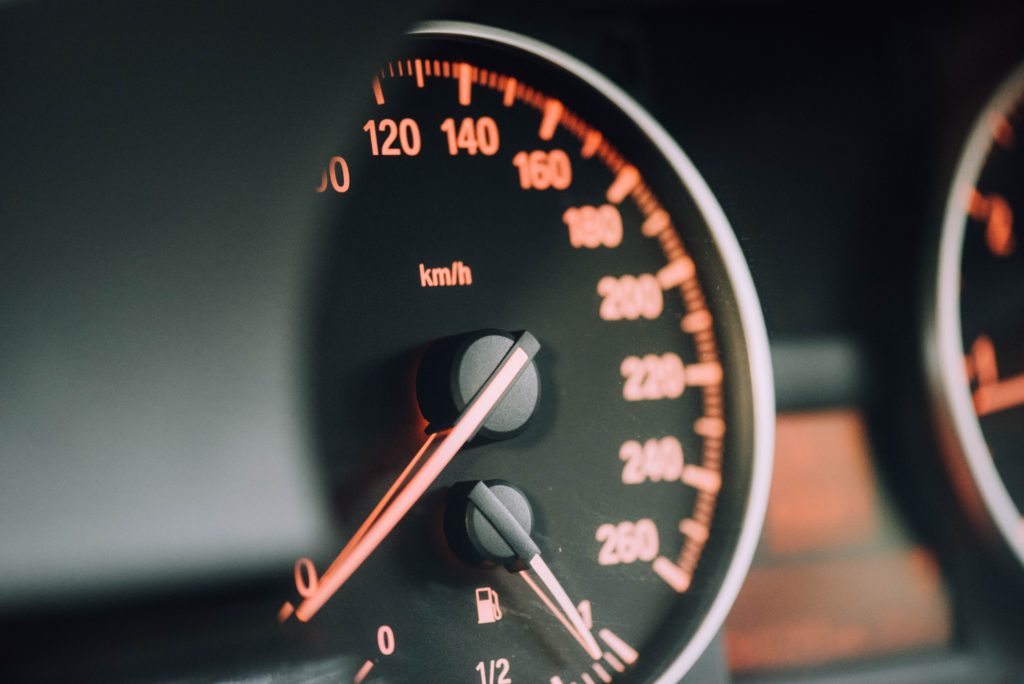Selling a car involves selling one of your largest financial assets, which means it is an important decision. Because selling a car is such a big responsibility, you’ll want to consider all of the things that go into it including taxes, fees, license plates, and insurance.
Do I Pay Taxes When Selling My Car?
The short answer is “maybe.” There are some circumstances where you must pay taxes on a car sale. Although a car is considered a capital asset when you originally purchase it, both state and federal governments consider selling your car for more than you invested as a profit. For example, if you purchased a used car from a family member for $1,000 and later sold it for $4,000, you will need to pay taxes on the profit. However, you won’t need to pay the tax immediately, you will need to submit the amount as capital gains during tax season. Depending on the value and your tax bracket, if you have owned the car for more than a year, you’ll need to pay either 0%, 15%, or 20%.
Calculating your profit isn’t as simple as subtracting your purchase price from the sales price. Instead, you’ll need to factor in any improvements you’ve made on the car that added potential equity to your investment. Long-term improvements like upgraded stereo systems, paint and bodywork, and improved engine parts can all add value to your car. Keep in mind that maintenance necessary to keep the car in proper working condition does not qualify as improvements. Thus, if you added a $1,000 electronics upgrade to the example car above and sold it for $4,000, you will need to pay taxes on the $2,000 adjusted profit. Keeping records of any improvements you’ve made is important so that you can calculate your investment more accurately.
However, a newer car will steadily depreciate in value over time as it is driven. This means that it will eventually sell for less than what it was bought for, according to its market value. In this case, a buyer will not be required to pay taxes on the sale since it resulted in a capital loss.
Finally, if you sell your car to a private party, the buyer is responsible for paying state sales tax. As the seller, you should not feel pressured to pay the buyer’s sales tax, even if you are profiting from the sale.

Ways to Reduce Your Potential Tax Burden
If you do find yourself wanting to sell a car that has gained significant equity, you can consider a few alternative avenues to reduce your tax burden. Here are some strategies you can use to reduce the overall amount of taxes you will have to pay:
- Trading in. You can bypass some of the taxes that come with the selling of an equity-rich vehicle by trading it in instead of selling it and buying a vehicle yourself. When you trade in a vehicle, instead of paying tax on the full value of the new car, you are taxed based on the difference in value between the trade-in and the new vehicle. If your trade-in is valued at $4000 and the new car is valued at $22,000, you’ll only pay sales tax on the difference—$18,000 in this case.
- Donating your car. When you donate a car instead of selling it, you can write off any donation up to $5000, according to the IRS Schedule A form 8283.
So, there are a few different ways to reduce the amount of tax you will have to pay when you sell a vehicle. However, most car sales do not cause a tax burden for the seller, since it is the buyer’s responsibility to handle the sales tax—not the seller.
Other Responsibilities
If you’ve kept your bill of sale and dutifully recorded the price of all improvements you made to your car, it should be relatively simple to calculate the profit or loss you’ll incur from your car’s sale. If you do turn a profit, you’ll need to report it to the IRS on your 1040 Schedule D form, either as a short-term profit for cars owned under a year or as a long-term profit for cars owned longer than a year.
After the sale, you’ll also need to consider other financial responsibilities. These include:
- License plates. In most states, when you sell a vehicle, you should remove the license plates (though some states require the plates to stay with the vehicle). After removal, some states allow you to transfer the plates to your new vehicle, while others require you to return them to the DMV. Whether you or the new owner will continue to use the plates, you will likely need to pay a minor transfer fee. Failure to follow your state’s procedures could result in fines or the loss of your driver’s license.
- Additional vehicle fees. When you sell a vehicle, you’ll have a few fees to take care of during the sale. While these fees vary by locality, most states charge a transfer of title fee. This is a one-time fee that is charged by the state when the title is transferred from seller to buyer. This is usually a small $20 to $30 fee you can pay at the courthouse.
- Insurance. After a vehicle sale, insurance is one of the last things you’ll need to consider. Most of the time, you can cancel the insurance on your vehicle before the sale if you are no longer driving it. If you haven’t already, you will need to cancel it before you transfer the title to another person. In most cases, all you’ll need to do is call your insurance company to cancel the coverage on your vehicle and possibly pay the insurance cost of the vehicle up to that point.
Sell With Confidence
Selling your car does not need to be a stressful situation. Whether you anticipate selling your car for capital gain or at a capital loss, CarVIO can help you get more out of your car’s value quickly and easily online. No matter the condition, you can simply describe your car and wait for our instant offer. Then, we’ll pick up—or you can drop off—and we’ll pay you on the spot. Consult our FAQ for more information, or call (760) 493-7781.



















